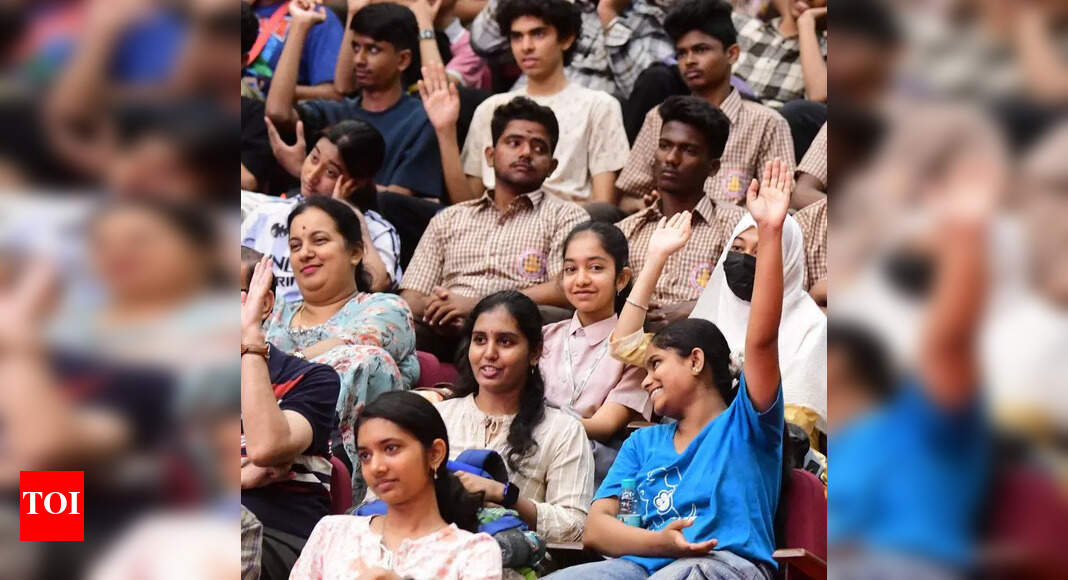Now Reading: MU Introduces Skill-Based Edge to BA, BSc, BCom Programs
-
01
MU Introduces Skill-Based Edge to BA, BSc, BCom Programs
MU Introduces Skill-Based Edge to BA, BSc, BCom Programs

Fast Summary
- skill-Integrated Courses: Mumbai University plans to roll out skill-integrated BA, BCom, and BSc courses by teh academic year 2026-27.
- Reason for Change: These new courses aim to address declining interest in customary programs and make graduates more industry-ready.
- Structure: Students will earn 50% credits through core subject theoretical studies and the remaining 50% via multidisciplinary skills such as machine learning or hospitality, either designed by universities or available on platforms like Swayam.
- Collaboration: The university intends to partner with the Maharashtra Skill Progress Society for implementation.
- UGC Initiative: As announced at a conference (‘Vikas 2025’),UGC is collaborating with industry sectors like insurance and real estate to design specialized courses uploaded on Swayam portal for accessibility.
- Statements & Data: M Jagadesh Kumar highlighted that empowering students enrolled in higher education (70% pursuing BA, BCom, or BSc) remains critical amid competitive challenges; Higher education minister Chandrakant Patil emphasized restructuring curricula focused on skills development aligned with industry needs.

Indian Opinion Analysis
The introduction of skill-integrated undergraduate programs at Mumbai University marks a crucial shift towards bridging the gap between academic education and practical employability demands. Given that a notable majority (70%) of students pursue traditional degrees like BA, BCom, or BSc without directly gaining job-oriented skills upon graduation, this initiative seeks to enhance workforce readiness while maintaining core academic foundations. Partnerships between academia and industries are likely to ensure course relevance by focusing on sector-specific knowledge.This move aligns well with broader educational reforms emphasizing interdisciplinary learning as proposed by UGC’s framework under platforms such as Swayam. However, accomplished implementation will require coordination across institutions for curriculum design and efficient synergy between state-level initiatives like those of Maharashtra skill Development Society.
While it is indeed promising that discussions involve stakeholders from diverse sectors such as insurance and real estate during conferences like ‘Vikas 2025’, it remains imperative that these collaborations translate into updated syllabi that genuinely equip students with market-driven competencies-ultimately addressing concerns over declining enrollment rates in traditional streams while preserving academic interests within evolving societal contexts.


























